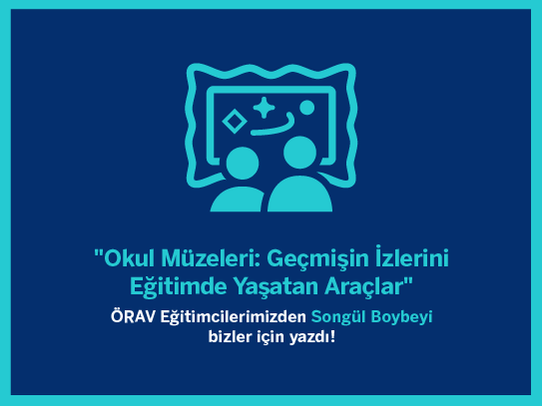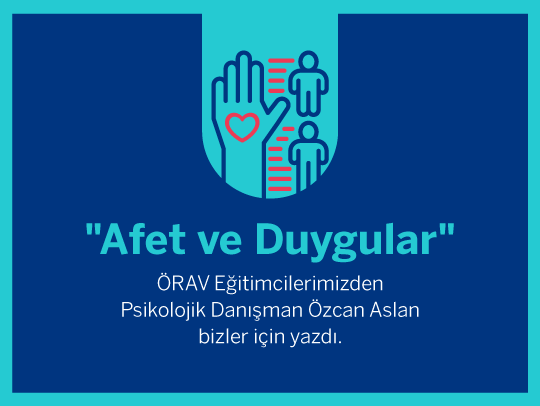After an earthquake, each individual experiences symptoms at different levels and in different ways. It is normal to experience these symptoms in the first weeks. These reactions are normal reactions to an abnormal situation.
Sleep problems, change in eating habits, increase in physical complaints, anxiety, anxiety, fear, uneasiness, confusion, inability to react, inability to feel your emotions, or images and sounds of the earthquake may come to your mind, helplessness may be felt and you may be giving many different emotional, psychological, physical and mental reactions.
Let's be aware of our emotions
Be aware of your feelings about the earthquake, ask yourself what you feel about this situation from time to time, recognise and name your feelings.
No matter how challenging it is, do not hesitate to talk and share your feelings and emotions. Especially our young children may ask questions or feel anxious about the earthquake. Firstly, we can listen to them and answer their questions in a way they can understand. As emotions are shared, it becomes easier to regulate your emotions.
Attention to Sleep Hygiene
A quality sleep is important to maintain body and mind health. After a certain period of time, weaknesses occur in the functions of the brain due to lack of sleep and negativities begin to occur in both our emotional reactions and thinking processes.
The daily sleep time of an adult should be at least 7 hours. In children, this period is between 9-11 hours. Pay attention to sleep patterns especially these days. Stop drinking tea and coffee containing caffeine after dinner. Stop drinking alcohol at least 3 hours before sleep.
Use the bed only for sleeping, avoid activities such as watching TV, looking at the phone, following earthquake news, playing computer games. Go to bed and get up at your usual time. Do physical relaxation exercises and read a book before going to sleep.
Let's do physical activity
In order to relax and calm down physically in this process, take care to do all kinds of activities based on physical action on a daily basis, such as walking, doing non-strenuous sports activities, doing yoga, doing breathing exercises.
Maintain activities in your daily routines such as going shopping, etc. Have plenty of physical contact with your loved ones, hug them.
Let's pay attention to our nutrition
During this period, you may want to eat more or less food. You should be aware that this is normal and you can regulate this desire appropriately. You can pay attention to healthy eating. It is important for both children and adults to follow the daily meal routine at home.
Get social support
Spend time with your trusted and favourite friends, talk and chat about your experiences after the earthquake. Spend time with your family. Try to maintain your daily routines.
Recognise our ways of coping
What did you feel good after the earthquake? Talking and sharing with your social support circle, friends or people you trust? Doing creative activities? Activities related to spirituality? Physical activities? Participating in relief activities? Accessing scientific data, research? Recognise these and increase the number of these actions.
Let's ask for expert support
If these reactions you experience do not decrease after fifteen days, but progress with the same intensity or increase, and if they start to negatively affect your daily life, you should definitely seek support from a specialist.




